August 14, 2020
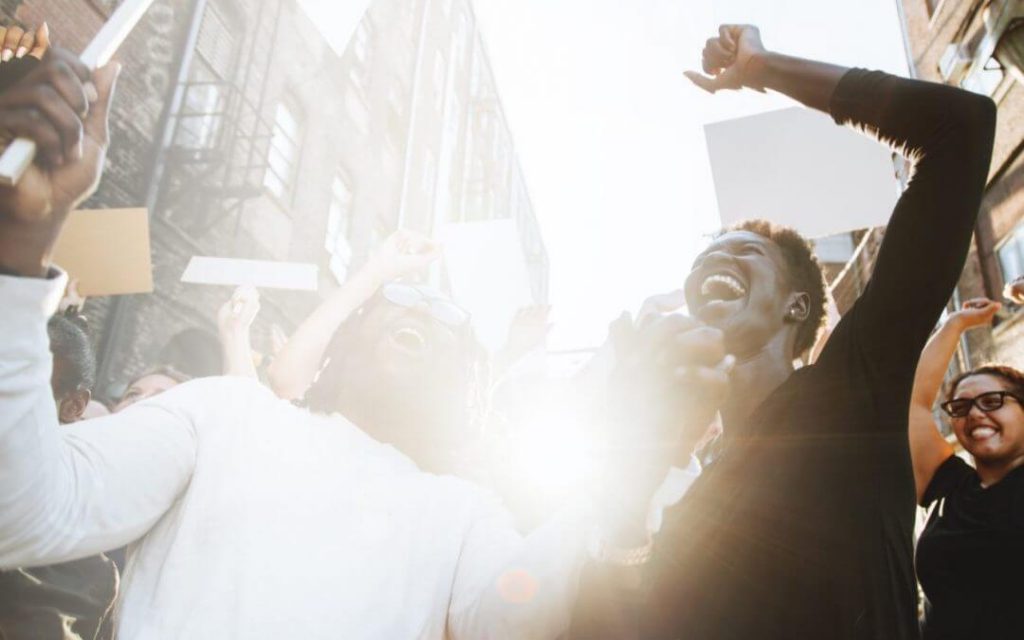
Russian President Vladimir Putin has said a locally developed vaccine for Covid-19 has been given regulatory approval after less than two months of testing on humans. Amid fears that safety could have been compromised, the World Health Organization (WHO) urged Russia last week to follow international guidelines for producing a vaccine against Covid-19. Meanwhile, global cases of coronavirus have passed 20 million, with over 5 million in the United States, 3 million in Brazil, and 2 million in India.

President Trump repeated the claim this week that the election could be riddled with fraud if mail ballots were widely used, and he made clear that he opposed Democratic demands for additional funding for both the post office and election security measures because of his opposition to mail-in voting. He left open the possibility that he could come to a deal as part of a larger negotiation over a new round of economic stimulus. Meanwhile, large-scale protests continue in the U.S.; this past week in Portland, protesters set fire to the police union headquarters, and in Chicago, hundreds of young people responded to reports of a police-involved shooting by looting downtown stores.

The U.S. and China will reportedly review the progress of their “phase one” trade deal later this week — roughly six months after the agreement came into effect. This comes as President Trump imposed sanctions on top Chinese officials after China imposed Hong Kong’s new security law, which has already led to the arrest of journalists and activists.

As a result of Hong Kong’s new security law, Jimmy Lai, a Hong Kong media tycoon and prominent pro-democracy figure, was arrested on Monday, on suspicion of committing foreign collusion crimes in breach of Beijing’s national security law, and conspiracy to defraud. Nine others were also arrested, including his two sons and four senior executives at his company Next Digital Media, the publisher of Apple Daily, Hong Kong’s largest daily tabloid. Separately, Agnes Chow, a young pro-democracy activist, was also arrested on foreign collusion accusations.

An independent election monitoring group in Myanmar has been prevented from observing polls for the country’s November 8th election. Rohingya Muslim Abdul Rashid of the Democracy and Human Rights Party has been denied the right to run for office in the upcoming election. Officials cite his parents not having been citizens upon his birth, which he refutes. Facebook has not yet released alleged evidence to the International Court of Justice of “serious international crimes” related to the country’s current charges of genocide of the Rohingya Muslim population.

The Human Rights Watch called on the Zimbabwean authorities to end the inhuman prison conditions in which prominent journalist Hopewell Chin’ono and Transform Zimbabwe Party leader Jacob Ngarivhume are being held. Chin’ono and Ngarivhume, currently in pretrial detention at Chikurubi Maximum Prison in Harare, were arrested on July 20 for allegedly inciting public violence. The activists had helped expose high-level corruption in Zimbabwe and called for nationwide anti-corruption protests on July 31.
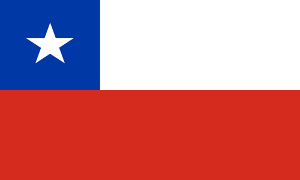
The Chilean government plans to lift the world’s longest quarantine lockdown restrictions in the capital city of Santiago on Monday. With one of the highest death tolls per million people in the world, residents of Santiago have been urged to continue to engage in safety measures such as social distancing, frequent handwashing and wearing a mask.
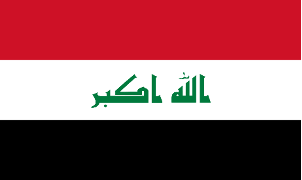
On Tuesday, a Turkish air raid killed two members of the Iraqi border guard as well as their driver. Iraqi government officials have cancelled a visit to Baghdad by Turkey’s defense minister as a rejection of the aggressor’s airstrikes, but may not take any further action in order to not sever ties with the major trading partner. The Assyrian International News Agency reported on Tuesday the call of Iraqi PM Al-Kazemi to Iraqi Christians to “return home,” citing the defeat of Daesh. On Thursday, the country reported a new record of 3,841 new coronavirus cases in 24 hours.
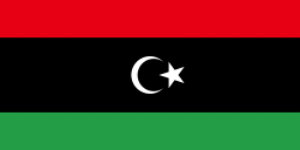
US Ambassador to Libya Richard Norland consulted with senior Turkish officials in Ankara on Wednesday about ways to achieve a demilitarised solution in central Libya, with a complete withdrawal of foreign forces and mercenaries from Libya, and stressed the need to enable the country’s National Oil Corporation to resume its vital work.

Reuters reported yesterday of a rift in the Syrian ruling elite as Rami Makhlouf, cousin of President Bashar Al-Assad and a member of his inner circle, published a video on social media lashing out against the President. In the video, Makhlouf spoke directly to the president, calling the state security forces “inhumane” and criticising the President for allowing them to attack people’s freedoms. An American journalist based in Idlib province, an area controlled by state opposition, has been arrested by the Hay-at Tahrir al-Sham on Thursday following the arrest of a British aid worker on Tuesday. These arrests have prompted concerns about the role of torture in the HTS prison system. The Guardian reported on Thursday of the lack of support for sexual assault survivors and the sexual violence LGBTQ protestors were forced to face by Syrian intelligence agents. Eight children under the age of five have died within the past week in aYPG/PKK controlled camp in northern Syria due to health problems.

The Lebanese government has declared a two-week state of emergency following last week’s brutal explosion in Beirut that left hundreds dead and thousands homeless. This statement grants the military expansive power to deny citizens the freedom of assembly and free speech. Angered by the protection of the ruling class and apathy of the government, residents have begun to protest across the capital city to demand the dismantling of the political system of Lebanon. Despite the government stepping down on Monday, street demonstrations move forward in the face of brutal police force and endemic homelessness.
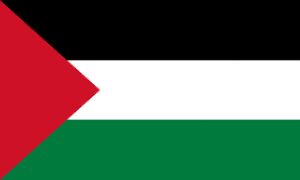
Following the agreement of the United Arab Emirates and Israel to normalize ties, the Palestinian Authority’s minister of social affairs spoke out about Palestinians being left out in negotiating the deal, and other Palestinian leaders claim the normalization of ties aims to”liquidate Palestinian national rights.” Despite the deal with the UAE to suspend declaring sovereignty over the West Bank, Israeli prime minister was said to have only agreed to delay the annexation, according to US President Donald Trump. However, Aljazeera reported plans for 30 structures being bulldozed in a village in the West Bank this past week, as well as a water reservoir that would force community members to travel to other villages for their water supply. The Israeli army carried out an airstrike on the Gazan city of Rafah in a retaliation against incendiary balloons being released into Israel on Tuesday. The attack left an unexploded bomb in a UN-run school in the Shaiti refugee camp.
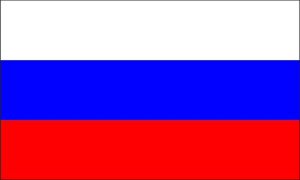
Russia has approved the world’s first coronavirus vaccine despite concerns that offering a vaccine to the public before the final stage of trials may put people in danger. The vaccine, called the “Sputnik-V,” is expected to be available for medical personnel by the beginning of September and for a mass roll-out by October.

Despite no having no confirmed cases of COVID-19, North Korea continues to place a strict quarantine on its citizens. The North Korean Red Cross has also deployed more than 43,000 volunteers to provide aid to areas plagued by heavy rain and flooding.

The US circulated a revised UN resolution to indefinitely ban weapons sales to Iran, which will be put to vote today. The US has also seized the cargo of four Iranian fuel tankers transporting oil to Venezuela at the request of federal prosecutors in Washington. This week, two Iranian men were convicted on charges of espionage on behalf of Israeli, German and British intelligence and have been sentenced to ten years in prison. Throughout the summer, Iran has arrested, convicted, and executed numerous citizens for serving as spies to foreign powers as for acts of public destruction during protests, citing concerns from human rights advocacy groups about access to fair trials and legal representation.

Amnesty International has reported the quick spread of coronavirus through Nicaraguan prisons. In a surge of detainment of political opponents of the government and student organizers, Nicaraguan prisons have become overcrowded, lacking safe drinking water and medical access to those at risk of infection. The northern coast of the country adjacent to the Carribean is reported to be facing severe flooding due to a tropical wave and overflowing rivers, leaving hundreds of homes submerged in water.

Al Jazeera reported that at least 25 people have been killed in clashes between ethnic groups in a port city in eastern Sudan. The Central Doctors’ Committee said in a statement on Wednesday that about 90 others were wounded in the fighting that began on Sunday between members of the Bani Amer and Nuba ethnic groups in Port Sudan, a key international trade harbour on the Red Sea. The United Nations says that almost 10 million people in Sudan face food shortages as a result of conflict.

The Foreign Policy Magazine wrote an article this week depicting how Maduro has used the pandemic to solidify his control over the country. In mid-June, Venezuela’s top court, which remains loyal to Maduro, ousted the leaders of two major opposition parties, replacing them with chavista loyalists. In early July a similar move suspended the leadership of Voluntad Popular, the former party of Guaido?, the U.S. backed opposition leader. Journalists have reported harassment by authorities and Maduro’s supporters while covering the pandemic.

Bolivia has been brought to a standstill as the country moves into the 14th day of a nationwide highway blockade and general strikes, shutting off access to nearly all highways in and out of major cities. Opponents of the government that ousted former president Evo Morales are protesting the continual deferral of Bolivia’s first presidential election since the coup of November 2019. The strikes and blockades have been primarily organized by rural groups, indigenous groups and labor unions allied to the political party of Morales. On Monday, the Bolivian government deployed military personnel to disperse protesters and protect the transportation of oxygen tanks amid attacks on protesters by pro-government paramilitary groups.